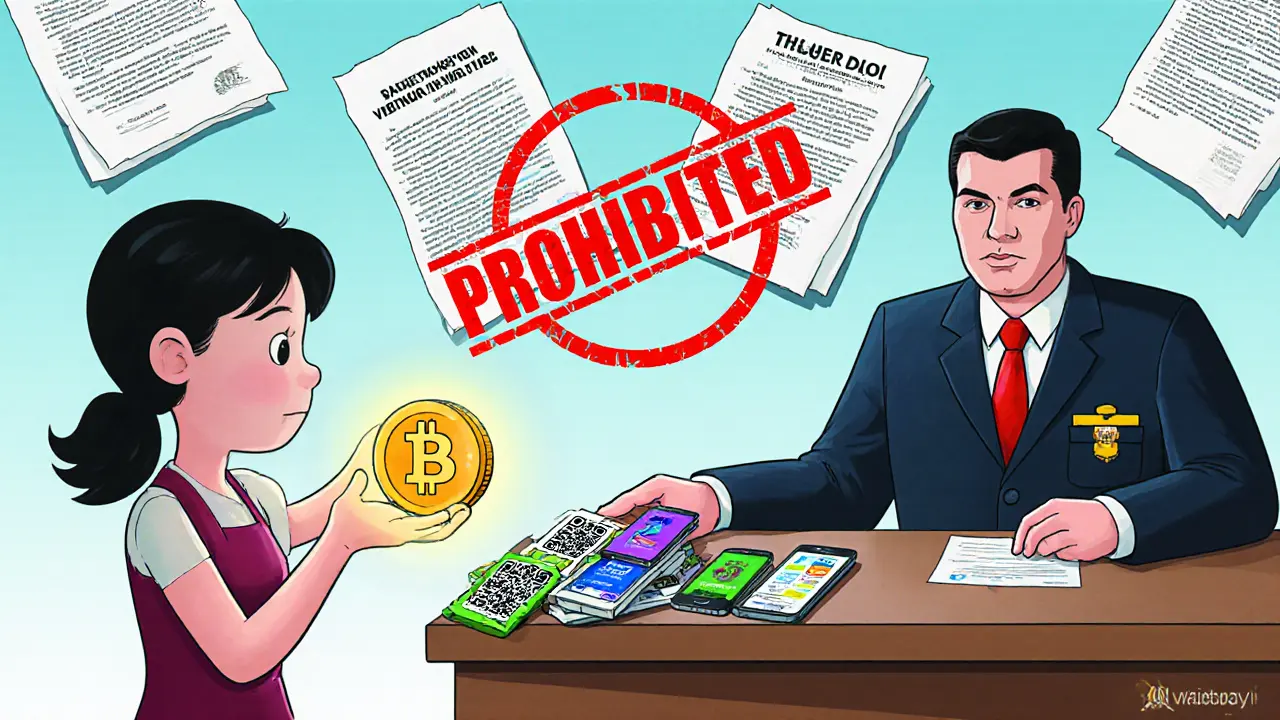Crypto Payment Penalties: What You Risk and How to Avoid Them
When you send or receive crypto, you might think it’s just a digital transaction—but under the law, it’s often treated like cash. crypto payment penalties, fines or legal consequences imposed for violating financial rules when using cryptocurrency. Also known as crypto compliance fines, these aren’t just warnings—they can mean asset freezes, tax audits, or even criminal charges. The truth? Many people don’t realize they’re breaking rules until it’s too late.
These penalties aren’t random. They come from crypto regulation, government rules that treat crypto transactions like traditional financial activity. In the EU, under MiCA and AMLA, failing to verify users or report large transfers can trigger massive fines. In South Korea, using a fake bank account to trade crypto is illegal—and your funds can be seized. The Philippines froze $150 million in assets last year because exchanges weren’t licensed. Even if you didn’t run the exchange, you could still lose your money.
It’s not just about exchanges. If you’re using crypto for business payments, you might owe taxes and not know it. The IRS, HMRC, and other tax agencies now track on-chain activity. If you don’t report crypto income, you’re not just dodging taxes—you’re inviting a crypto fine, a monetary penalty issued by financial regulators for non-compliance with crypto rules. And unlike bank transfers, crypto transactions leave a permanent, public trail. There’s no undo button.
Some think decentralization means freedom from rules. But crypto compliance, the process of following legal and financial rules when using cryptocurrency isn’t optional. Platforms like dYdX block users in the U.S. Not because they’re being mean—they’re trying to avoid penalties themselves. When a platform gets fined, users get locked out. When an exchange gets shut down, your funds vanish. This isn’t speculation. It’s happened. Over and over.
You don’t need to be a millionaire to get hit. A simple $10,000 crypto payment to a freelancer in another country could trigger reporting requirements. Airdrops you didn’t know were taxable? That’s income. Selling crypto after holding it for months? Capital gains. Ignorance isn’t a defense—it’s a liability.
What you’ll find below isn’t a list of scary stories. It’s a practical look at what’s really happening. From frozen assets in the Philippines to banned exchanges in China, these posts show exactly how penalties are applied, who gets caught, and why. You’ll see what triggers them, how they’re enforced, and—most importantly—how to avoid becoming the next headline. No fluff. No fearmongering. Just the facts that keep your crypto safe and your bank account intact.
